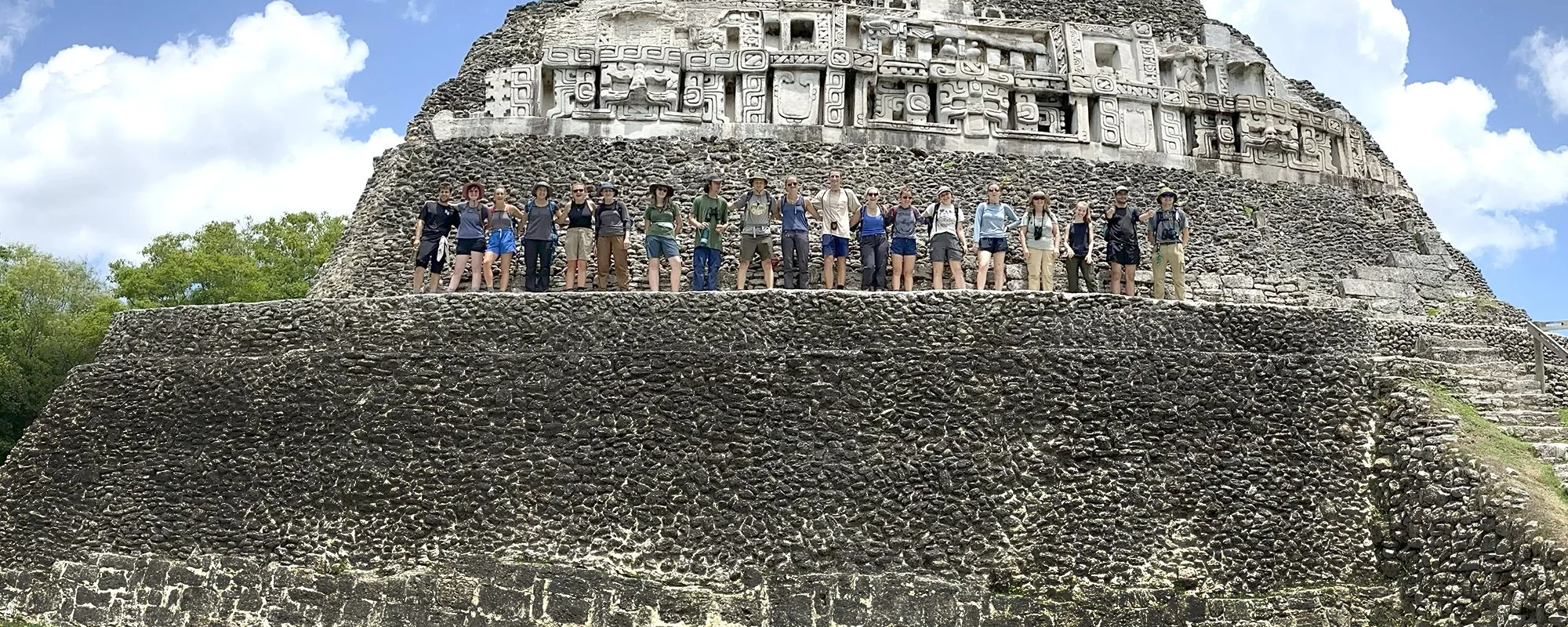A unique approach to environmental field studies.
We offer students an immersive and personal experience with important environmental and cultural issues facing our wildlands and the cultures they support. Our small student teams travel to the heart of where today’s environmental challenges occur, and together we seek solutions for the critical concerns facing our world’s wildlands. Students have an unparalleled opportunity to work side by side with our faculty and active researchers, helping to find answers to important environmental problems. Our overarching goal is to have students leave our program with extensive knowledge about a specific region and the broader skills and understanding of ecological, geological and social sciences to effectively evaluate this information in their future careers.















